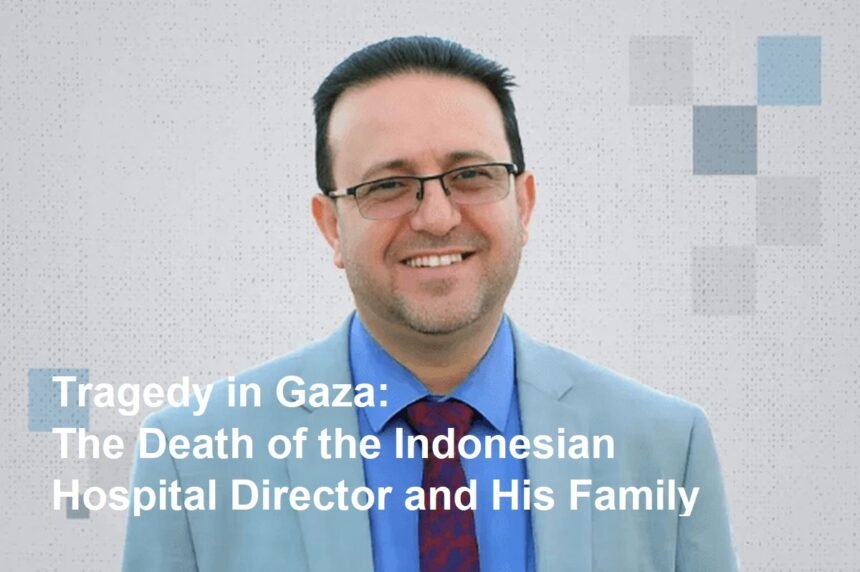The recent tragedy in Gaza, which saw the death of the Director of the Indonesian Hospital along with his wife and child, has struck a deep chord in me and countless others who observe the ongoing conflict from afar. The incident is more than just a solemn headline; it encapsulates the volatility and grave dangers that have come to define daily life in the Gaza Strip.
As an observer trying to make sense of such loss, I cannot help but reflect on the broader context that led to this tragedy. The Indonesian Hospital, located in northern Gaza, has long stood as a symbol of international solidarity and hope for thousands of Palestinians. Staffed by both local and international medical professionals, the hospital has played a crucial role in treating victims of conflict, providing essential medical services to a population constantly under siege. Its director represented not just medical leadership but the ongoing spirit of humanitarian cooperation in a zone wracked by violence.
According to eyewitnesses and local media, the director and his family were killed during a military strike that targeted civilian areas close to the hospital. While the official justification from the Israeli military often cites efforts to neutralize militants, the human toll—the deaths of healthcare professionals and their loved ones—is an irrefutable fact. For many, these casualties raise urgent questions about the principle of proportionality in warfare and the respect for protected civilian spaces, especially medical institutions.
On a personal level, I find the cycle of grief in Gaza almost impossible to imagine. The director and his family are not the first, nor, tragically, are they likely to be the last civilians caught in the crossfire. Humanitarian organizations and rights advocates have repeatedly called for the protection of hospitals and for accountability in attacks that lead to civilian casualties. And yet, the war goes on, with rules of engagement sometimes appearing blurred amid the fog of conflict.
Why does this particular loss matter so much? For me, the answer lies in the dual role assumed by the hospital’s director: healer and bridge-builder. He was not merely a physician, but someone who embodied hope, a sense of shared humanity, and the belief that compassion transcends borders. His willingness to serve in such difficult circumstances is a testament to his character and commitment, making his passing all the more tragic.
The impact of the director’s death ripples well beyond his immediate circle. It is felt by patients who have lost a trusted caretaker, by medical colleagues deprived of skilled leadership, and by the wider Palestinian community left more vulnerable. For many Indonesians as well, the attack is a stark reminder of their nation’s humanitarian connection to Gaza, reinforcing calls for stronger international diplomatic intervention and solidarity.
I frequently wonder, what does justice look like in such situations? Is it only about investigating and prosecuting those responsible for unlawful attacks, or does it also mean redoubling efforts to protect civilians and restore basic dignity? The death of the Indonesian Hospital’s director—and countless other noncombatants—should prompt world leaders to reaffirm international norms safeguarding medical facilities and civilian lives.
As I reflect on this tragic event, my mind drifts towards the resilience of the people who remain behind. The hospital will continue to function, tended by courageous staff who daily risk their lives. But every loss chips away at the fabric of hope and international solidarity. To honor the memory of those who have perished requires more than mourning; it demands sustained advocacy for peace and accountability.
Gaza’s recent tragedy stands as a solemn call to action for all of us—witnesses, policymakers, and ordinary citizens alike. If there is a lesson in this heartbreaking episode, it is that humanitarian principles must never be set aside, even in the midst of war. Only by upholding these values can we hope to see an end to the cycle of violence and tragedy.












